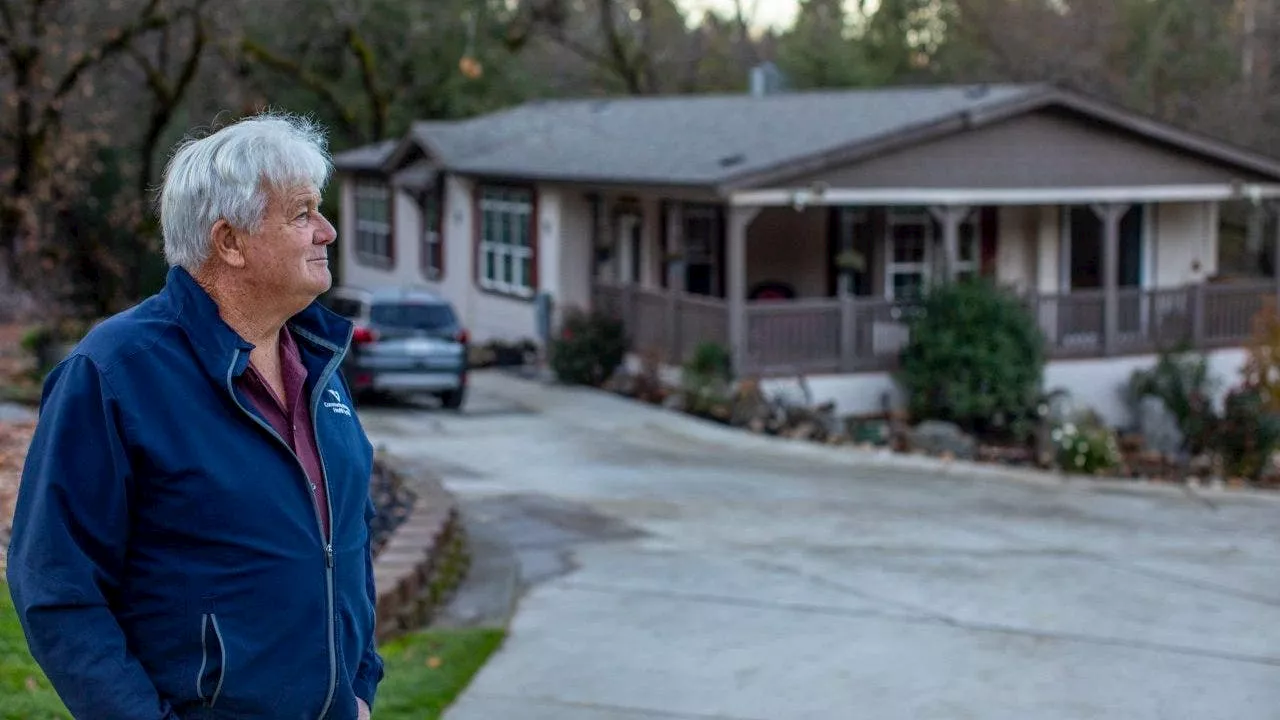The Supreme Court unanimously ruled that fees imposed by governments, including building permit fees, must be proportional to the damage caused by development. The ruling puts a stop to excessive fees and attempts to bypass the Fifth Amendment's prohibition against taking private property without just compensation.
The Supreme Court on Friday unanimously ruled that fees governments issue — even those imposed by a legislature — must be based on actual adverse impacts. In other words, building permit fees , for example, can’t cost more than any damage the public would face from development. 'Holding building permits hostage in exchange for excessive development fees is obviously extortion,' said Paul Beard, the attorney who represented the plaintiff in the Supreme Court case.
But he was told he would have to pay 'traffic impact mitigation' fee of over $23,000 to obtain a building permit. The county legislature created the fee a few years earlier to help pay for roadwork. 'That's when I started getting pissed off,' Sheetz, who spent 50 years in construction and built several homes throughout his life, told Fox News in January. 'I said, ‘this is ridiculous.’' Sheetz paid the fee but immediately sued El Dorado County.
Beard agreed that governments should be allowed to use taxpayer money to fund services. But he argued that El Dorado’s traffic impact mitigation fee was unconstitutional because the amount wasn’t tied to any actual estimated damage. The lower courts sided with the county since the traffic impact mitigation fee was issued by the local legislature rather than the administrative branch. The Supreme Court rejected that position.
Supreme Court Ruling Government Fees Adverse Impacts Building Permit Fees Development Fifth Amendment Private Property Compensation
United States Latest News, United States Headlines
Similar News:You can also read news stories similar to this one that we have collected from other news sources.
 Washington law students may ‘bypass’ bar exam, Supreme Court rulesWashington state will no longer require prospective attorneys to pass a bar exam to practice law, the state Supreme Court ruled Friday.
Washington law students may ‘bypass’ bar exam, Supreme Court rulesWashington state will no longer require prospective attorneys to pass a bar exam to practice law, the state Supreme Court ruled Friday.
Read more »
 Texas law enforcement can arrest undocumented migrants for time being, Supreme Court rulesThe U.S. Supreme Court says Texas law enforcement officers can arrest undocumented migrants based solely on their immigration status for the time being as a con
Texas law enforcement can arrest undocumented migrants for time being, Supreme Court rulesThe U.S. Supreme Court says Texas law enforcement officers can arrest undocumented migrants based solely on their immigration status for the time being as a con
Read more »
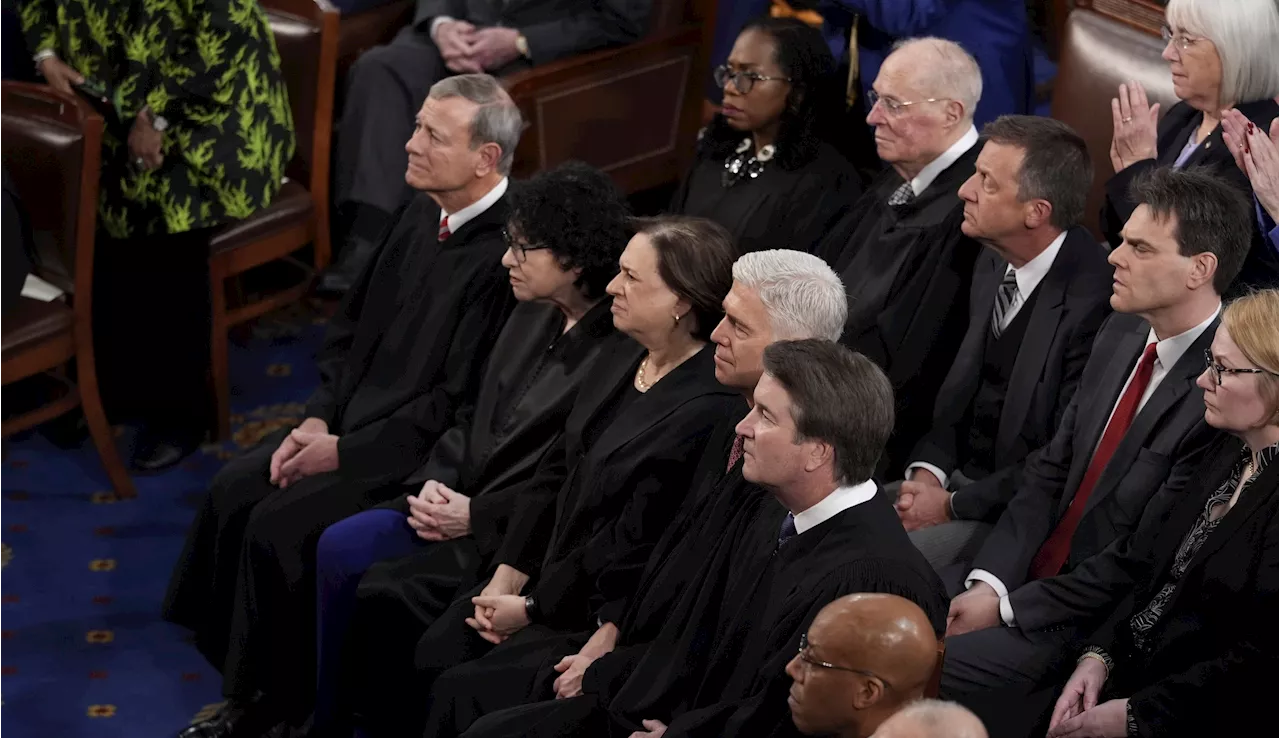 Supreme Court rules in favor of immigrants in two casesThe Supreme Court handed down two separate opinions that were favorable to immigrants on Tuesday.
Supreme Court rules in favor of immigrants in two casesThe Supreme Court handed down two separate opinions that were favorable to immigrants on Tuesday.
Read more »
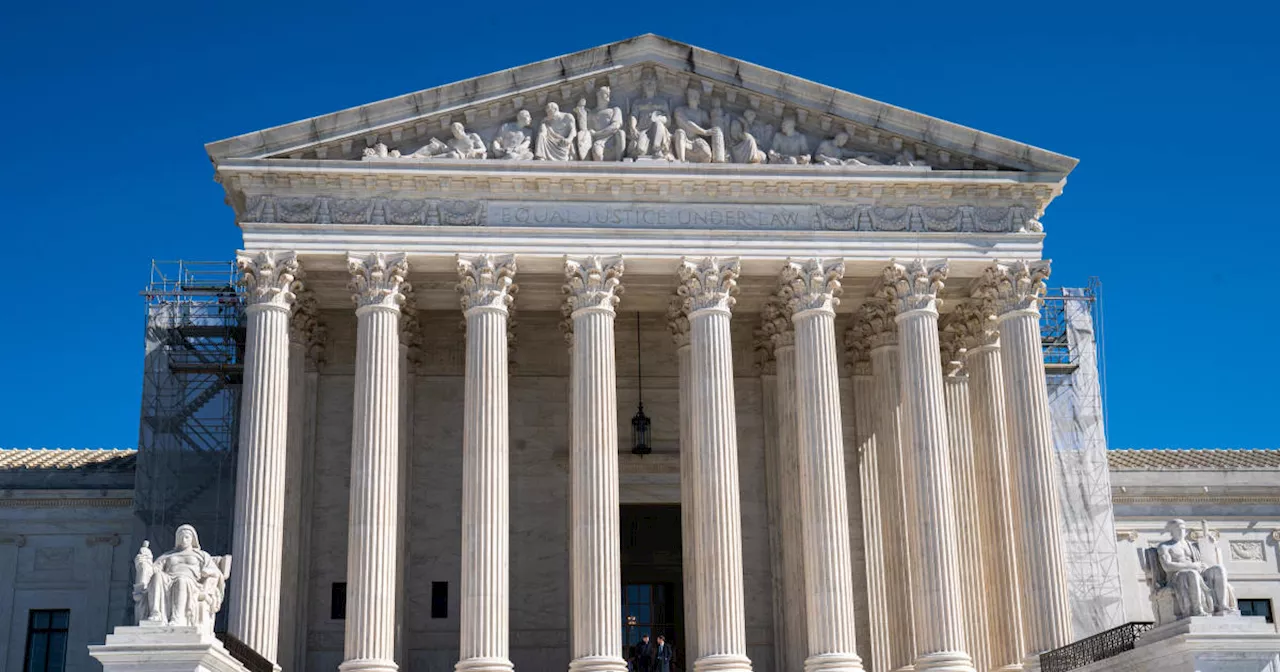 Supreme Court Clarifies Rules on Public Officials Blocking Constituents on Social MediaThe Supreme Court has clarified when a public official can be sued for blocking a constituent on social media. The court sent two cases back to lower courts for further proceedings.
Supreme Court Clarifies Rules on Public Officials Blocking Constituents on Social MediaThe Supreme Court has clarified when a public official can be sued for blocking a constituent on social media. The court sent two cases back to lower courts for further proceedings.
Read more »
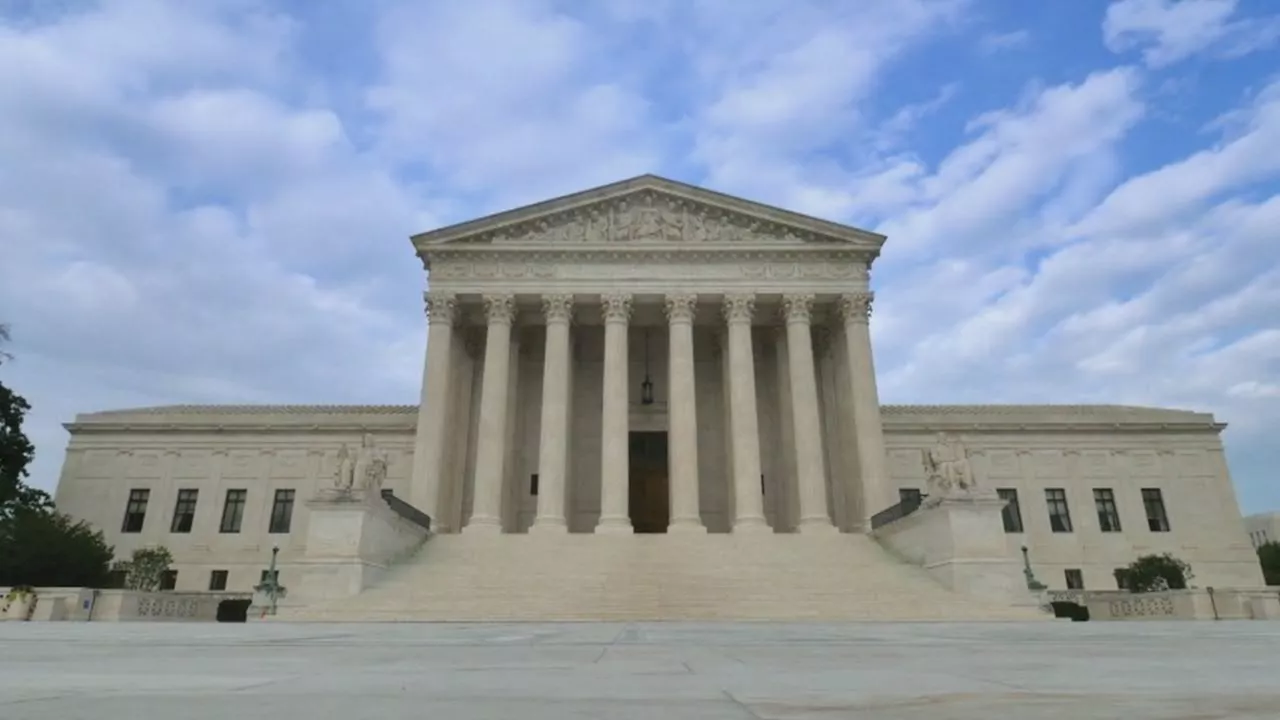 Supreme Court sets rules on when public officials can block social media usersThe First Amendment, which protects freedom of speech, generally prohibits government employees from censoring public comments or blocking access to a social media account that offers official communications.
Supreme Court sets rules on when public officials can block social media usersThe First Amendment, which protects freedom of speech, generally prohibits government employees from censoring public comments or blocking access to a social media account that offers official communications.
Read more »
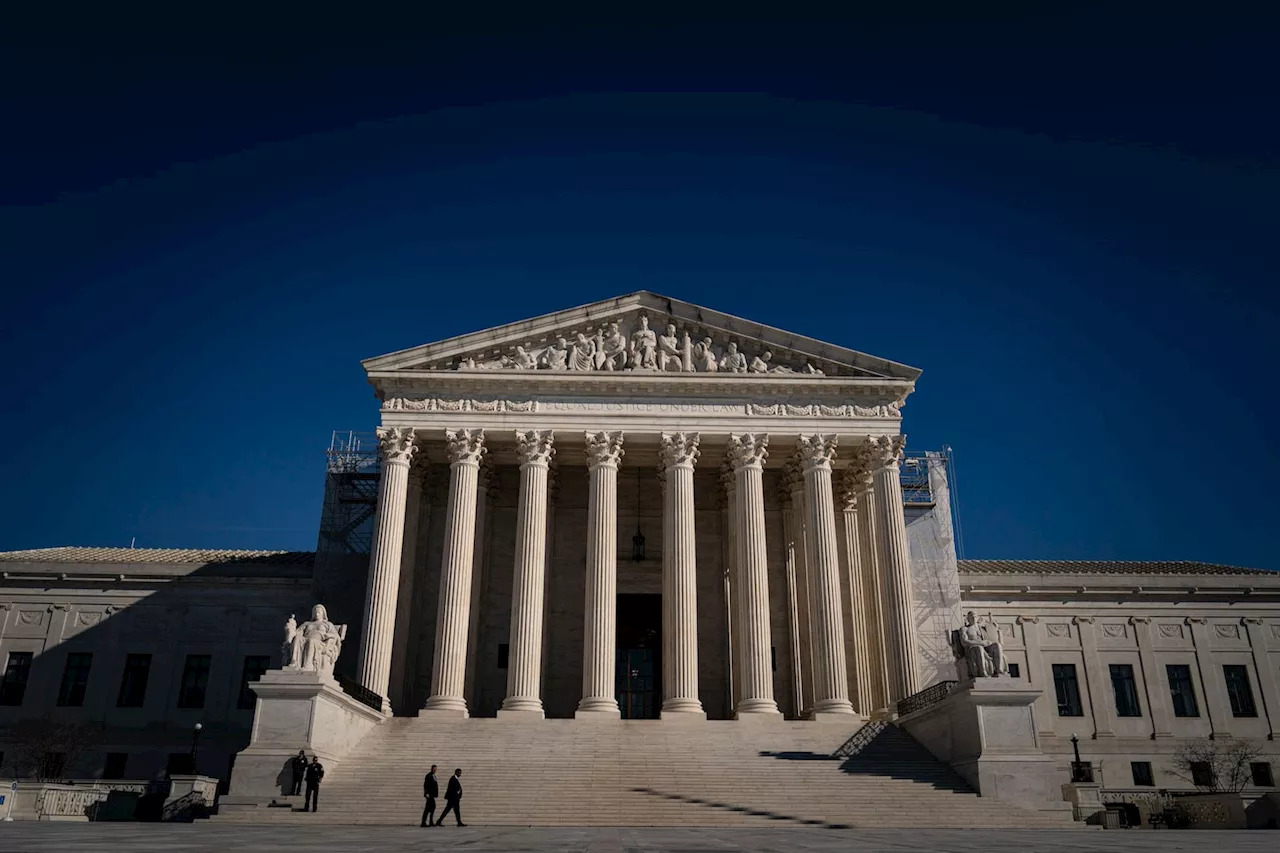 Supreme Court sets rules for officials who block social media criticsThe Supreme Court on Friday explained when public officials can block critical voices from their social media accounts, returning two cases to lower courts.
Supreme Court sets rules for officials who block social media criticsThe Supreme Court on Friday explained when public officials can block critical voices from their social media accounts, returning two cases to lower courts.
Read more »
